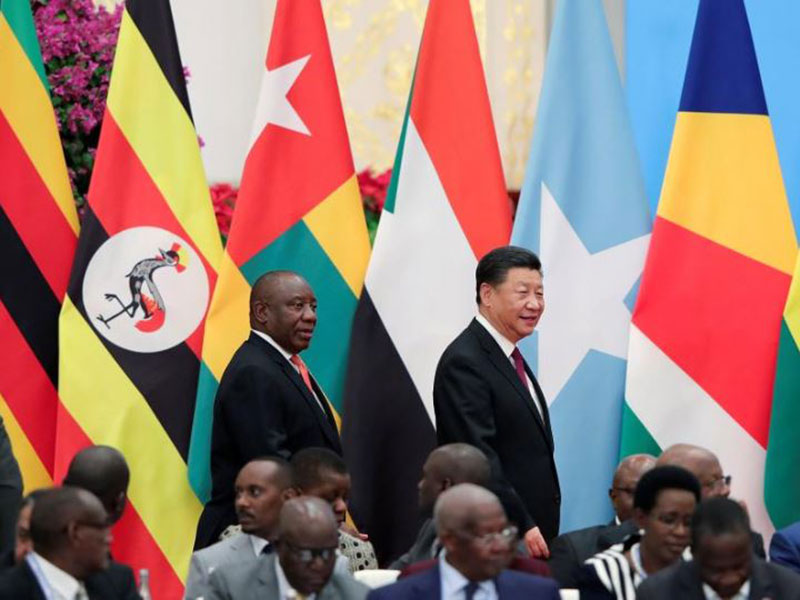×
The Standard e-Paper
Home To Bold Columnists

China is helping Africa develop, not pile up debt, a top Chinese official said on Tuesday, as the government pushes back against criticism it is loading the continent with an unsustainable burden during a major summit in Beijing.
President Xi Jinping pledged $60 billion to African nations at Monday’s opening of a China-Africa forum on cooperation, matching the size of funds offered at the last summit in Johannesburg in 2015.